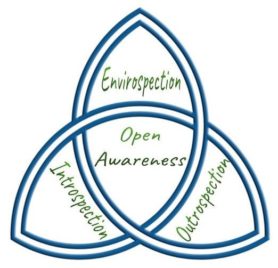NLP Strategies are what we do when we’re in “auto-pilot” mode. They are the structure of our internal experience in relation to our external environment. NLP Strategies describe exactly how we do what we do at the unconscious level of our mind. Our NLP Strategies are always 100% successful. In other words, we always think, feel and behave according to the specific NLP Strategies that are conditioned into our unconscous mind.
Knowing how to elicit somebody’s NLP Strategy (as you will learn in this video) provides you with an effective way of modelling any of their specific skills. Therefore, if there is someone who is excellent at doing something, you could through eliciting and installing their strategy in your own mind be able to replicate that person’s skill with the same level of ease and competency.
If you or someone else have an unwanted behaviour, negative reaction, or emotional outburst in any area of life, then transforming that Problem State Strategy into a Resourceful State Strategy (as is introduced in this video) can be significantly healing and empowering.
The ability to elicit, update and install NLP Strategies appropriately is the key to understanding and using NLP (and your mind) effectively. This video should be of particular interest to those who want to use NLP in coaching. Our NLP Strategies determine our experience of life!
Watch now:
Review Questions:
1. What was your greatest learning from this video?
2. Which area(s) of your life can be improved by applying what you’ve learned from this video?
3. What steps will you take to implement your learnings from this video in order to make positive changes in the area(s) of your life stated in your answer to question 2?
4. How will you apply what you’ve learned from this video in your professional occupation in order to enhance your effectiveness and/or communication skills?
5. What other information have you gathered on the subject of this video that deepens your understanding of this subject?
6. How does the main subject of this video tie in with, or support what you have learned from the other videos in this series?
